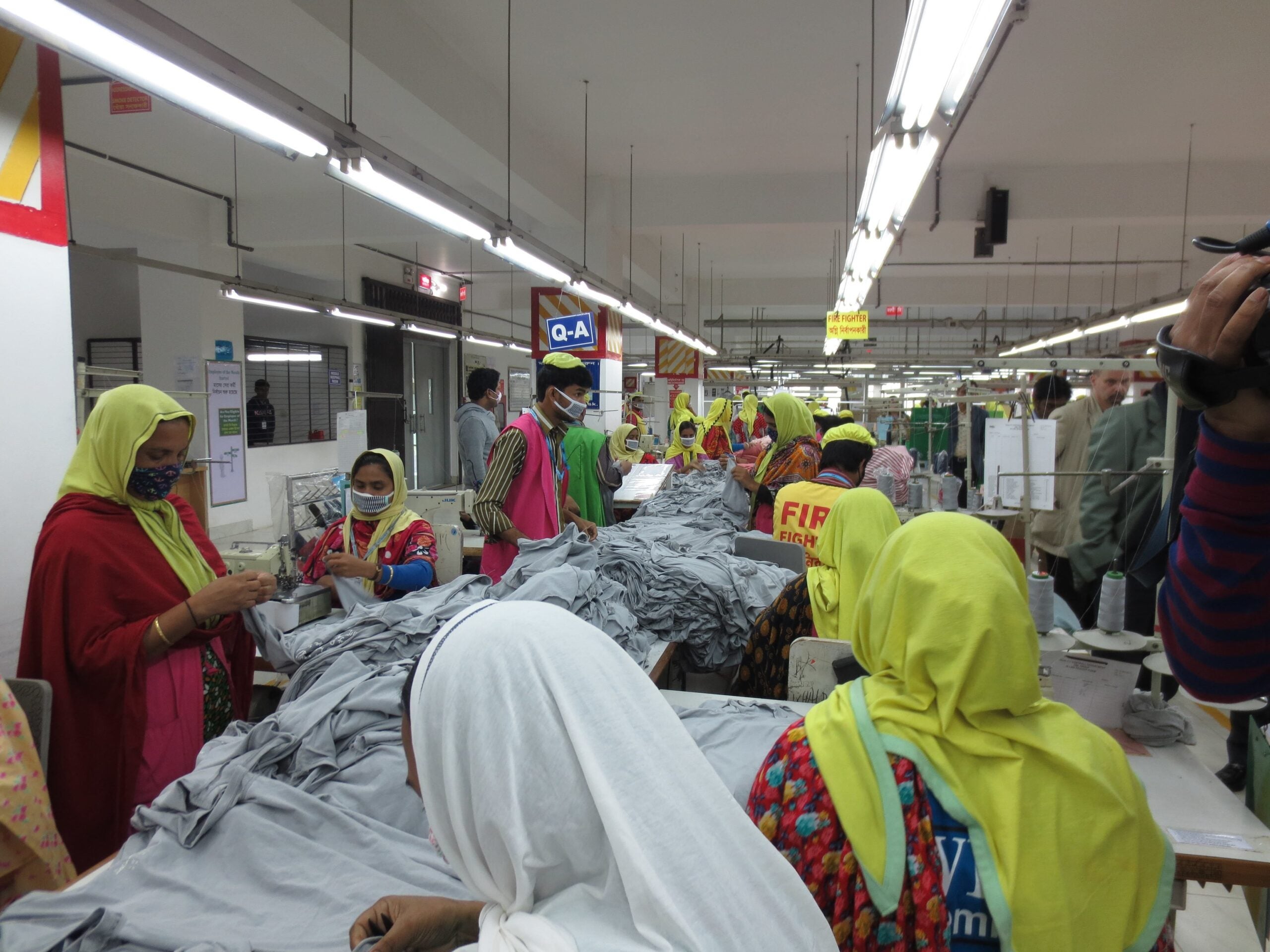
An agreement of a three-month extension of the commitments of Bangladesh’s Transition Accord has been reached as negotiations of a legally binding workers’ safety framework continue between retailers and unions.
According to IndustriAll Global Union and the UNI Global Union, they, along with a negotiating committee representing fashion brands, reached a tentative agreement to extend the current commitments of the Transition Accord for three months as negotiations continue. The interim agreement must, however, still be signed by the individual brands.
Christy Hoffman, UNI General Secretary, said: “We welcome this extension, which will allow us more time to negotiate a successor agreement to the Accord. We must put the mechanisms in place to ensure the success and credibility of the RSC as well as a safe workplace for millions of workers.”
IndustriAll general secretary Valter Sanches added: “The Accord has played an outstanding role in preventing fatal accidents since its creation in 2013, and the work must continue. This three-month extension is a very important commitment.
“It demonstrates that we will not allow the safety and health of the Bangladeshi garment workers to be jeopardized while we continue negotiating a successor agreement with the brands, preserving the achievements in Bangladesh and also expanding them to other countries.”
A decision by the Bangladesh High Court led to the day-to day Accord operations being handed over last year to the Ready-Made Garment Sustainability Council (RSC) – a tripartite body made up of brands, factory owners as well as global and national unions.

US Tariffs are shifting - will you react or anticipate?
Don’t let policy changes catch you off guard. Stay proactive with real-time data and expert analysis.
By GlobalDataLast month, a report urged the extension of the Accord and called on brands and retailers to sign a new, legally binding agreement that will allow the Accord’s work to be extended and its model to be expanded to other countries.
The report found that while much progress has been made around factory safety, weakening the legal accountability of the Accord agreement would “risk the lives of innumerable workers as many important safety fixes have yet to be completed or verified.” Many of the safety hazards still present in factories are the most costly ones to remediate, it notes.
This article was first published by the IndustriAll global union.



